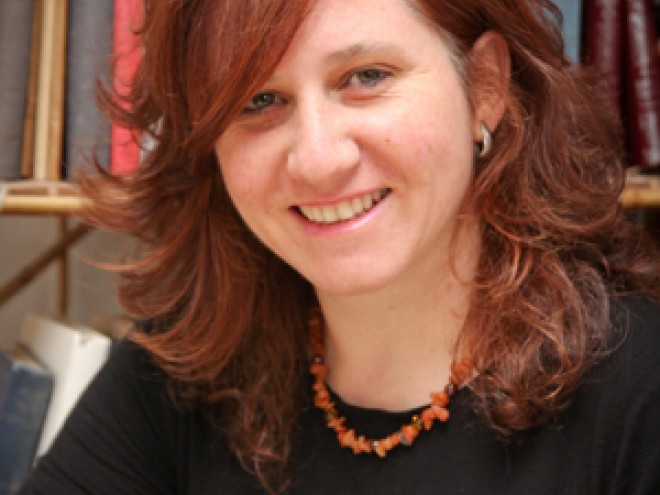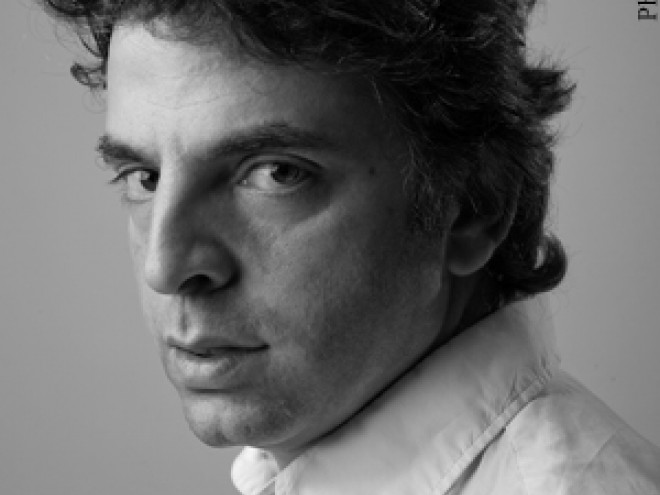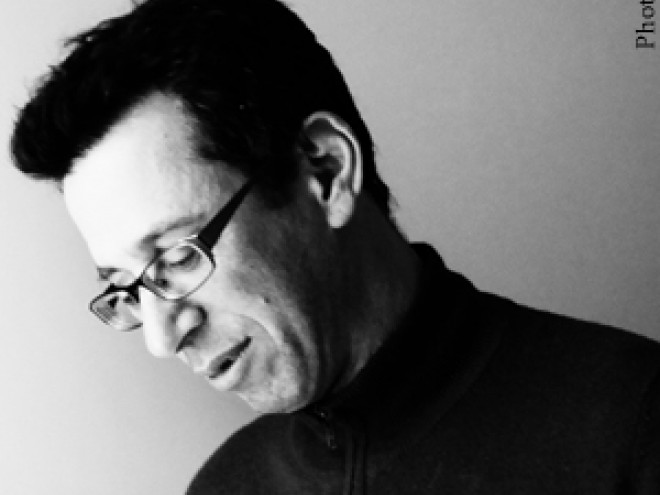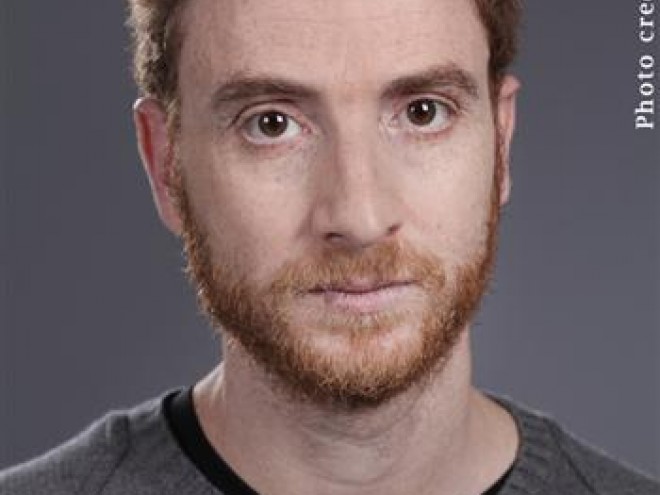The act and art of questioning and the essence of the questioner are central to Beth Kissileff’s new novel, Questioning Return.
Wendy Goldberg, a Ph.D. candidate at Princeton, has been awarded a Fulbright scholarship to study baalei tshuvah—the newly religious — who immigrate to Israel. She arrives for her year in Israel knowing little of her own religion, and is immediately plunged into a new land with new rituals and people. Wendy struggles to find her own Jewish identity and place in 1990s Israeli society as she navigates love interests, friendships, bus bombings, and an interviewee’s suicide.
Wendy’s objective is “trying to see what it means for people who didn’t grow up with Jewish rituals to suddenly declare this is the only possible path they could have taken, their return to religion inevitable, which can be seen as an absurd claim. What does ‘return’ truly mean when it is to something never experienced?” She strives to find the decisive moment of change in her interviewees’ lives and discover how they reframed themselves afterward. Once she hears their stories, she tries to find a way into the “cracks and fissures” of their arguments. Their unshakeable certainty that one set of answers will work for everyone affronts her; she feels that there must be things they dislike about their new lifestyles and miss about their former ones — or that they must have issues with the families they have left behind. Her dissertation is all about asking, and not everyone will like the questions.
Though Wendy can be blunt, overly ambitious, and headstrong, she often procrastinates while second-guessing herself. The reader becomes privy to the pressures, politics, and pecking order of academia as Wendy struggles to produce the dissertation that will secure her future. Her questioning of one mentally unstable baal tshuvah who sees his reality as far from his ideals leads to his suicide. Wendy feels guilty that she didn’t pick up on his depression and precarious position, and her future is jeopardized as a lawsuit is threatened.
Ultimately Wendy realizes how questioning can affect a life. On the flight from America, a Holocaust survivor tells her the story of Rabbi Yohanan and Reish Lakish, which warns of the consequences of questioning a repentant one about his former life. The theme of this tale is threaded throughout the novel. Wendy eventually seeks guidance from a psychiatrist and begins torah lessons with his wife, Atarah. She also examines her growing fondness of “not-so-frum” Uri, and wonders how such a disparate coupling could survive and form a partnership.
Jerusalem and the rhythms of Israeli life provide the atmospheric background for the story. Wendy has never before been in a place where she is part of the majority, and now she is exposed to all facets of Jewish life and all types of Jews. Jerusalem’s architecture, neighborhoods, synagogues, restaurants, markets, terror attacks, and deaths are all crucial to the story. Wendy is particularly affected by the rites of Shabbat, and comes to understand why they are so important to the baalei tshuvah. The quietness, the abating clamor, the emptying streets, the religious rituals, and the people coming together are soothing and entrancing to her.
Kissileff’s love of literature, culture, and religion is evident in her work. She quotes Virginia Woolf, Shakespeare, Robert Frost, and Dickinson, and weaves in the symbolism of Babette’s Feast as well as many biblical and religious references. Near the end of Questioning Return,Wendy’s friend and teacher, Atarah, poses a quote to her: “When one is asked a question he must discover who he is. People have moments of recognition and transformation.” Wendy realizes the questioning is just the beginning, and that answers are often complicated and not easily reached.
Visiting Scribe: Beth Kissileff
Renita Last is a member of the Nassau Region of Hadassah’s Executive Board. She has coordinated the Film Forum Series for the Region and served as Programming and Health Coordinators and as a member of the Advocacy Committee.
She has volunteered as a docent at the Holocaust Memorial and Tolerance Center of Nassau County teaching the all- important lessons of the Holocaust and tolerance. A retired teacher of the Gifted and Talented, she loves participating in book clubs and writing projects.





